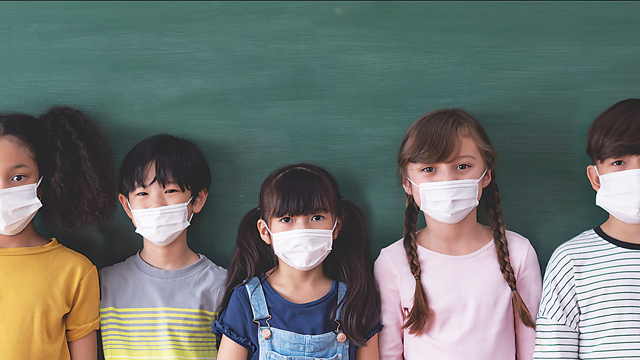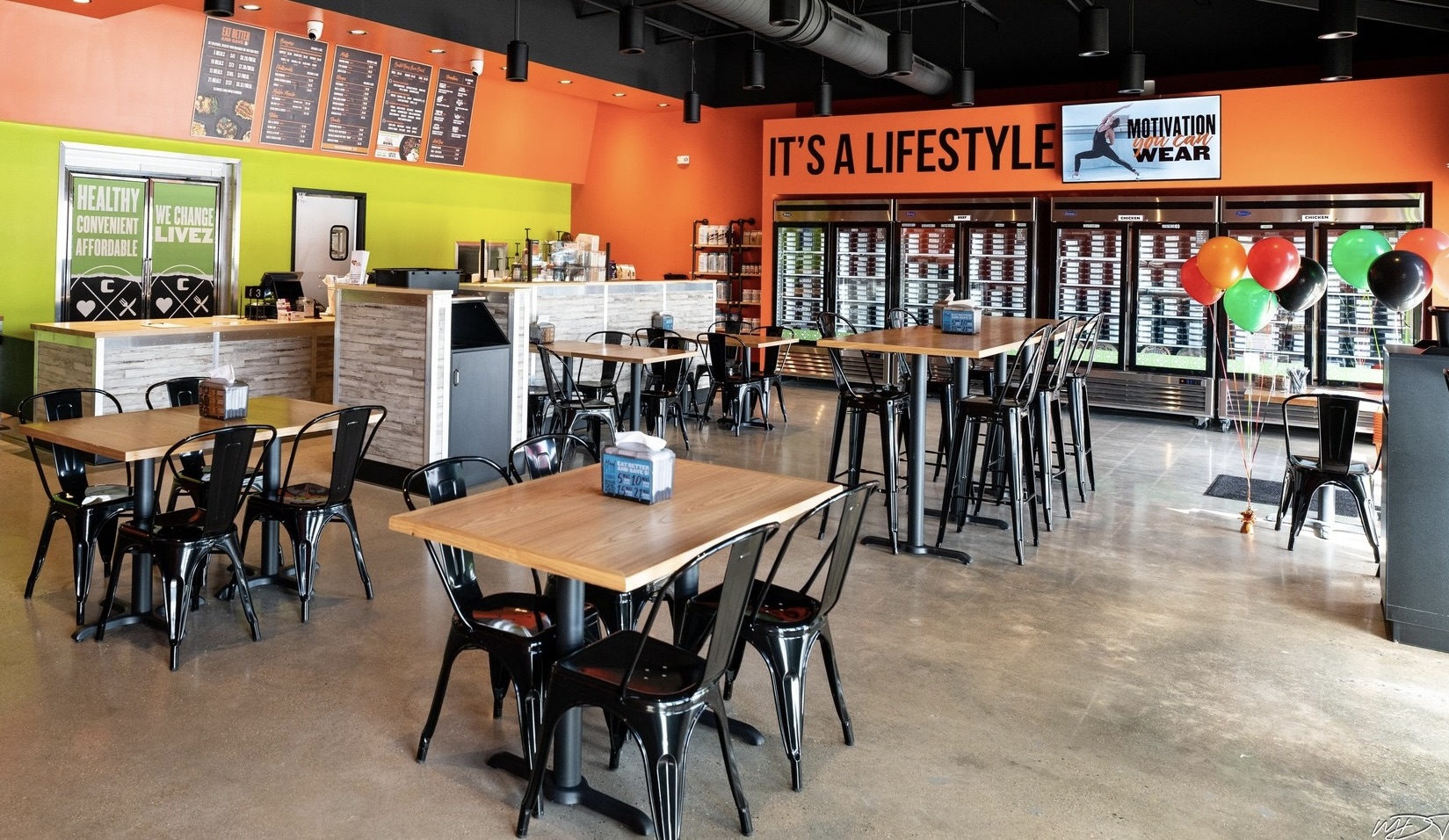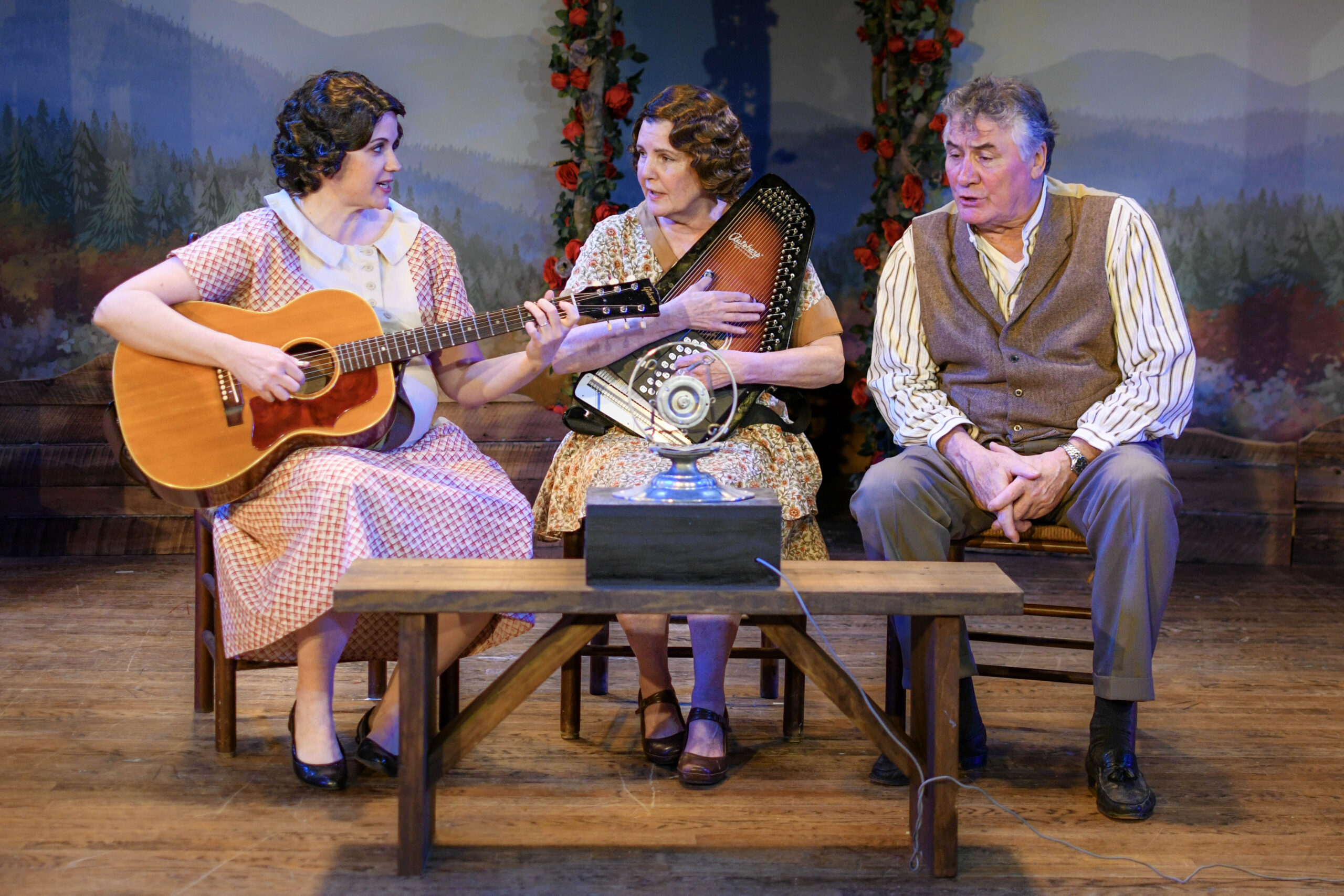Children’s Hospital of Richmond at VCU hosts COVID vaccine town hall for parents and caregivers of kids ages 5-11
RICHMOND, Va. (November 8, 2021) — Wednesday evening Children’s Hospital of Richmond at VCU will host a free, virtual town hall for parents and caregivers of children ages 5-11 who are now eligible to receive the COVID-19 vaccine. Pediatric health experts will address key information and perspectives about the vaccine’s safety and effectiveness.
WHAT: COVID-19 vaccine virtual town hall
WHEN: Wednesday, Nov. 10, 6:30-7:30 p.m.
WHERE: Zoom – chrichmond.org/covidvaccinetownhall
WHO: Community members looking to make informed decisions about the COVID-19 vaccine for children ages 5-11
Panelists will include:
- Dr. Suzanne Lavoie, pediatric infectious diseases specialist
Vaccine myths and facts - Dr. Tiffany Kimbrough, pediatrician
A parent’s perspective, Talking with your pediatrician about the vaccine - Dr. Rocquel Crawley, senior operations director
Where and how to get the vaccine
Participants will also have the opportunity to ask questions of the panelists.
It seems like kids just powered down their computers for summer break, but here we go into a new school year. As more families prepare to send kids back to the classroom, the delta variant is throwing another twist in our fight against COVID-19. There are some important things to keep in mind as you’re striving to keep your family safe and healthy in the months ahead.
Attending School and Childcare
Most kids benefit from in-person schooling – academically, socially and emotionally. Many families also rely on daycare providers for younger children and after school care. Each family has unique circumstances. When it comes to whether to send your kids to in-person school or childcare, make the decisions that feel right for you when factoring in any health concerns of the people in your household.
Essential Prevention Measures
This is not the time to let down our guard and forego the prevention measures we’ve become accustomed to. Talk with your kids about their role in keeping themselves and others safe. This includes:
- Washing hands
The best way to get hands clean is by washing thoroughly with soap and warm water. Sing happy birthday to a sibling, friend or pet twice while scrubbing. If you don’t have soap and water nearby, you can use an alcohol-based hand sanitizer. Make sure it contains at least 60% alcohol.
- Wearing a mask
Kids and adults in all K-12 schools in Virginia are required to wear masks, whether they’ve been vaccinated or not. Vaccination helps prevent severe illness, but those of us who have been fully vaccinated can still spread the virus. Masks are especially important in protecting those who are not yet able to get the COVID vaccines.
- Watching distance
This one can be tough for kids who are learning and playing together. Remind them about giving others personal space and the importance of wearing their mask properly over their nose and mouth when around others.
While the risk of contracting COVID-19 from surfaces is low compared to direct contact or droplet transmission, it’s not zero. We should continue cleaning surfaces regularly, especially those that are touched frequently like desks, doorknobs and writing utensils. Check with your child’s school to make sure they have a cleaning plan in place.
Get Vaccinated
Today, CDC Director Rochelle P. Walensky, M.D., M.P.H., endorsed the CDC Advisory Committee on Immunization Practices’ (ACIP) recommendation that children 5 to 11 years old be vaccinated against COVID-19 with the Pfizer-BioNTech pediatric vaccine. CDC now expands vaccine recommendations to about 28 million children in the United States in this age group and allows providers to begin vaccinating them as soon as possible. Check with your pediatrician or local pharmacy to schedule your child’s COVID-19 vaccination. Details here.
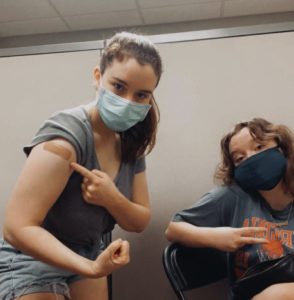 The vaccine is our best defense against COVID. So far at CHoR, we’ve seen lower rates of COVID cases severe enough to require hospitalization among kids than many other children’s hospitals around the country. This is likely in part because our vaccination rates in Virginia are higher than in states seeing spikes across the south.
The vaccine is our best defense against COVID. So far at CHoR, we’ve seen lower rates of COVID cases severe enough to require hospitalization among kids than many other children’s hospitals around the country. This is likely in part because our vaccination rates in Virginia are higher than in states seeing spikes across the south.
Make sure you and your children age twelve and older have gotten the COVID vaccines, and that those younger than twelve get theirs when it becomes available to them. It’s looking promising that we could have emergency use authorization for kids ages five to eleven as early as this fall, which will make a big difference in our elementary schools.
Flu vaccines will be critical for all members of your family. Many of us were shielded from viruses last winter as we practiced social distancing, so our bodies will need the flu shot to help fight viruses as we head back to buildings and interactions with others.
If Your Child Becomes Sick
Part of your family’s routine should include a daily health check each morning. Look for signs of illness, such as:
- Temperature of 100.4 degrees or higher
- Sore throat
- Cough
- Body aches
- Severe headache
- Diarrhea
- Vomiting
If your child is experiencing any of these symptoms, they should not go to school. It’s a good idea to call the pediatrician as well to see if they recommend a COVID test. If your child tests positive for COVID-19, they will need to stay home from school and isolate for two weeks.
You will be notified by the school and health department If your child is determined to be a close contact of someone else who tests positive. They’ll provide instructions for how long your child will need to quarantine and when they can return to school. This varies across school systems.
What About Playdates?
I know a lot of kids are yearning for socialization and opportunities to play with friends – parents are, too! With the delta variant as transmissible as it is, indoor playdates aren’t a good idea for kids under twelve who are not yet able to get vaccinated. Playing with one or two friends outside can be okay when wearing masks and allowing for some physical distance. Thankfully, it’s enjoyable to be outside as the weather starts to cool down this time of year.
The goal is that as we get more people vaccinated, we’ll be able to beat this virus and return to the normal life we used to know. Until then, we need to continue taking measures to protect ourselves and each other.
Keep up with the latest information on kids and COVID-19 here.
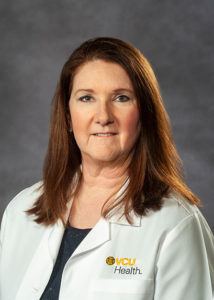
Suzanne Lavoie, MD, an infectious diseases specialist and professor of pediatrics and internal medicine at Children’s Hospital of Richmond at VCU, lives in Short Pump and has four kids ages fifteen to twenty. She has been a physician at CHoR for thirty years.


